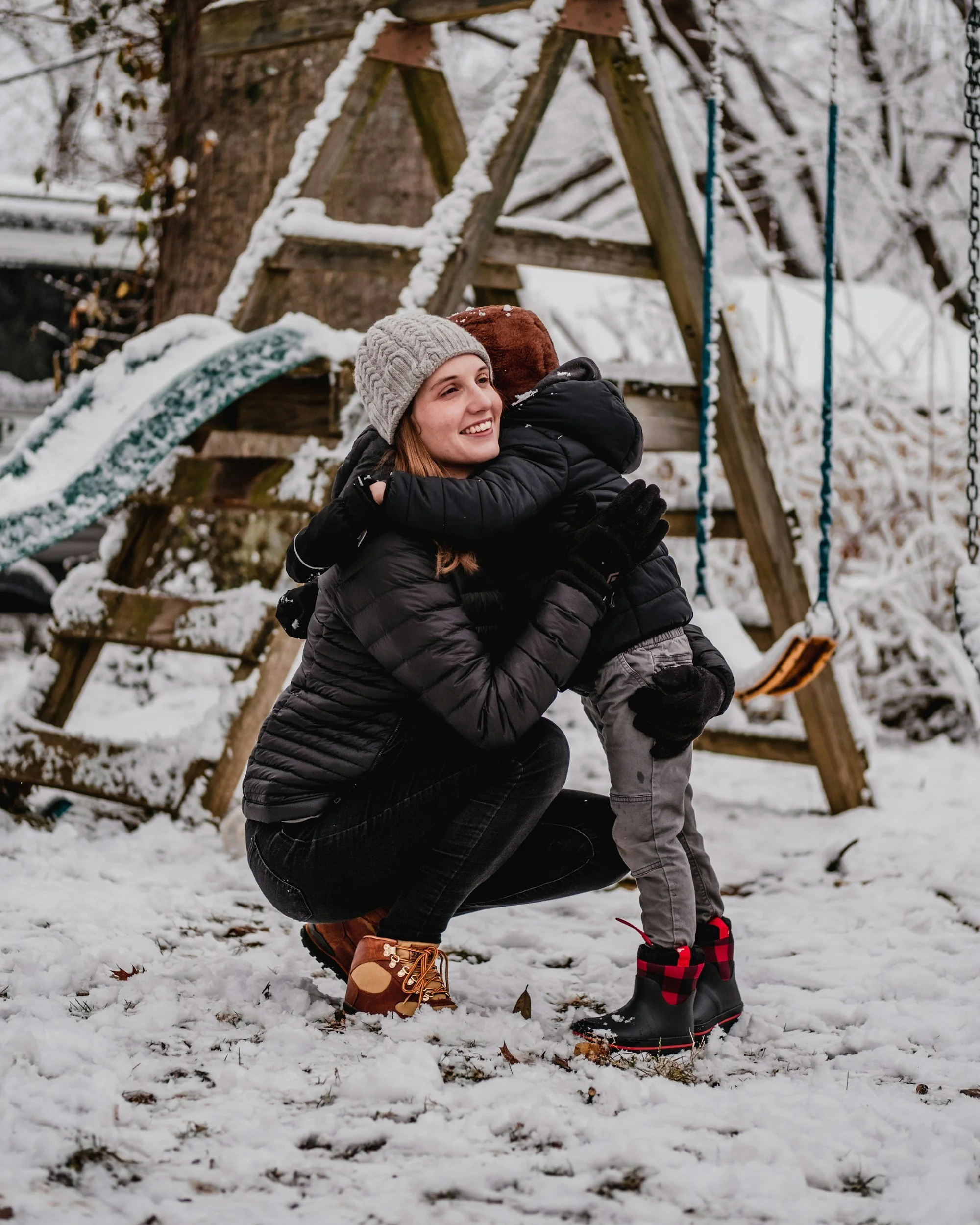Why Rituals Matter More Than You Think — for Both You and Your Child
As parents, we hear a lot about routines: bedtime routines, morning routines, feeding routines. But what we don’t always hear is this—routines are helpful, but rituals are meaningful.
Rituals are where routine meets meaning.
They’re where connection grows.
And they’re often the moments your child will remember and cherish forever.
And that’s what we’re going to discuss today in this post.
Routines vs. Rituals — What’s the Difference?
Both routines and rituals play an important role in parenting—and in your child’s day.
But they serve different purposes, and understanding that difference can help you create more meaning in the everyday.
Routine:
A routine is a set of regular, practical actions done in a sequence.
It helps organize daily life and gives structure to the day.
It’s flexible and functional—things like brushing teeth, putting on pajamas, and getting out the door.
Ritual:
A ritual is symbolic. Intentional. It adds meaning.
It might include the same actions as a routine—but it’s done with more emotional or relational depth.
Think: the way you tuck them in. The song you always sing. The blessing before a meal. The silly handshake before school.
The goal of routines is continuity.
The goal of rituals is connection.
We need both. But when you start weaving rituals into your routines?
That’s when the ordinary becomes something more.
Rituals Create Emotional Safety and Connection
Rituals are a beautiful way to naturally connect with your child on an emotional level—and this kind of connection isn’t just heartwarming, it’s literally brain-changing.
When we engage in nurturing interactions—things like cuddling, shared songs, bedtime chats, or family rituals—it triggers the release of oxytocin, often called the "love hormone.”
This happens in both the parent’s and child’s brain, strengthening the emotional bond and creating a sense of safety and calm.
Oxytocin:
Promotes trust, empathy, and secure attachment
Helps children feel safe and seen
Reduces stress by lowering cortisol (the stress hormone)
Supports emotional resilience
And it doesn’t stop there.
These loving, connected rituals also spark the release of dopamine and serotonin—those “feel good” chemicals associated with joy, reward, and well-being.
So when we say rituals matter, we don’t just mean for memory-making.
We mean for your child’s emotional development, brain chemistry, and long-term mental health.
And for your well-being too.
Why Rituals Matter for Children
In a world that can feel big, fast, and unpredictable to a young child, rituals create a sense of rhythm and security.
They help children:
Know what to expect
Feel emotionally grounded
Settle their nervous systems
Transition between parts of the day with more ease
And when children feel safe and secure, they soften.
They open up.
They’re more regulated—because rituals create consistency with connection built in.
Rituals say, without needing to say anything at all:
You’re safe. You belong. This moment matters.
What Makes Rituals So Powerful?
Rituals give the brain predictability and the heart presence.
They take an ordinary task—brushing teeth, setting the table, putting on pajamas—and add intention to it. That intention becomes the thing your child remembers… and the thing that helps them feel grounded and safe.
Even something small, like always singing the same song during bath time, or lighting a candle before dinner, can become a comforting ritual.
It’s not about doing more.
It’s about doing one thing the same way, on purpose.
That’s how you turn routine into rhythm—
and rhythm into memory.
Rituals Aren’t Just for Your Child—They’re for You, Too
We don’t talk about this enough: rituals support you, too.
As a parent, it’s easy to fall into survival mode—checking off tasks, powering through, and trying to stay one step ahead of the chaos.
But rituals offer something else.
They offer you a pause.
A moment to breathe, to feel, to be in the moment.
They help you slow down and reconnect with your child—and with yourself.
And they allow you to enjoy moments in motherhood where you may not have before.
Rituals give structure with softness.
Predictability with presence.
They turn chores into connection points—and let you both exhale.
Feeling Stuck? Here’s How to Start Small
Choose one moment that already happens every day—like bedtime, bath time, or mealtime.
Add one small, repeatable, loving action.
That’s your ritual.
Here are some simple examples to try:
A “see you in the morning” phrase every night
The same lullaby after bath
A silly high-five at preschool drop-off
Lighting a candle at dinner and taking a breath together
Saying three things you’re grateful for before bed
Putting music on in the house while you prepare dinner.
A dance before bedtime.
A walk around the block after school.
You don’t have to create something elaborate.
You just have to show up in that moment—again and again.
Final Thoughts
You don’t need a fancy chart.
You don’t need a new routine.
You don’t even need extra time.
You just need the intention to turn small, everyday moments into something just a little more sacred.
Because rituals aren’t just about what you do.
They’re about how you make each other feel.
They’re the hugs, the whispers, the songs, the phrases—
the moments that build safety, trust, and love, over and over again.

